Ramallah, 21 Rabi’ul Awwal 1435/12 January 2015 (MINA) – Frustrated by the failure of US-brokered peace talks and under growing pressure from his people to confront the Israeli occupation, Palestinian President Mahmoud Abbas is launching diplomatic war against Israel, betting on a risky campaign to fully “internationalize the struggle” by moving toward the United Nations and away from the United States.
As part of their strategy, which the Israelis have dubbed a “diplomatic intifada,” the Palestinians are seeking support for statehood from the international community via resolutions in the United Nations and European parliaments calling for the end of Israeli occupation within two years and the establishment of a Palestinian state.
The Palestinians also are threatening to seek war crimes charges against Israel at the International Criminal Court, an idea considered a “nuclear option” by the Palestinian leadership just a few months ago. Last week, Abbas signed several UN treaties, including the Rome Statutes, and filed paperwork in a bid to have the Palestinian Authority join the ICC, gulfnews quoted by Mi’raj Islamic News Agency (MINA).
The stated goal is to embarrass, anger and isolate Israel, and thereby pressure ordinary Israelis to push their government to make a peace deal with the Palestinians. But critics warn that the Israelis do not like to be pushed and may instead support strong countermeasures, including travel and work restrictions for Palestinians and accelerated Jewish colony construction.
Also Read: MER-C Volunteer Dr. Anthon Performs Oral Surgery at Gaza’s Baptist Hospital
“The past approach was not taking us anywhere,” said Mohammad Shtayyeh, a veteran Palestinian peace negotiator who resigned in protest halfway though the last round of talks, which collapsed in April. “At least this strategy has not failed yet.”
The campaign to seek greater recognition from the international community represents a public rebuff of the Obama administration, which has warned the Palestinians that unilateral moves at the ICC and the United Nations will ultimately fail to get them a state.
The Palestinian strategy also threatens to raise the hackles of Congress, which can cut off vital funding to the Palestinian Authority, money that pays for aid projects that employ tens of thousands of Palestinians.
Palestine was recognized as a “non-member observer state” in the United Nations in 2012. But the Palestinians’ current campaign goes far beyond this, and Israel has vowed to respond. The dynamic could create a cycle of escalation that spirals into violence.
Also Read: Israeli Restrictions Still Blocking Aid to Gaza One Month Into Ceasefire
After the Palestinians began their bid to join the ICC, Prime Minister Benjamin Netanyahu quickly froze the transfer of $125 million in monthly tax and customs duties it collects on behalf of the Palestinian territories.
A freeze lasting a few months would not be fatal, the Palestinians say. But if the Israelis decide to drain the Palestinian Authority, Abbas may not be able to pay salaries. The Israelis could also limit electricity, gasoline and permits to travel.
“If the Palestinian Authority doesn’t take a step back, I think we have to take much more severe steps,” said Israeli Intelligence Minister Yuval Steinitz.
At a cabinet meeting last week, Netanyahu vowed that he would not permit Israeli soldiers to be put on trial. He warned the Palestinians: “We will not sit idly by.”
Also Read: Israeli Knesset Passes First Reading of Bill Allowing Execution of Palestinian Prisoners
Khalil Shikaki, director of the Palestinian Centre for Policy and Survey Research, said one possible but dire outcome would be the partial or complete collapse of the Palestinian Authority, the interim body created by the 1994 Oslo Accords and governs Palestinian population centers in the West Bank.
“If there is an end to civil and security coordination, the Israelis could call on the Palestinian forces to disarm,” Shikaki said. “The militias would then take up weapons. In six months, there could be anarchy. Israeli soldiers and tanks in the streets.”
Shikaki said “the scenarios for this kind of diplomatic war have not been tested.”
The uncertainty is compounded by Israel’s elections on March 17, which could see Netanyahu win office for a historic fourth time or be replaced by a leader from Israel’s centre-left parties, such as chief peace negotiator Tzipi Livni, who wants to make a deal with the Palestinians.
Also Read: Israeli Prosecution to Confiscate 50 Ships Involved in the Global Sumud Flotilla
Palestinian officials say they will continue to lobby for UN resolutions that call for an end to the Israeli military occupation of the West Bank and to the trade and travel restrictions imposed on the Gaza Strip, and for the creation of a Palestinian state.
The first attempt to pass such a resolution failed at the UN Security Council last month, when Nigeria decided at the last moment to vote no.
Abbas said the Palestinians will try again, “a third time or even a fourth time.” They believe they have better odds now that the new Security Council nonpermanent members include Venezuela, Angola and Malaysia. But the United States, as one of five permanent members of the council, would be likely to veto the measure.
More ominous for Israel are the Palestinians’ threats to have Israeli leaders tried for war crimes. Chief Palestinian negotiator Saeb Erekat said attorneys for the Palestinian Authority areassembling two possible cases to bring against the Israelis. One concerns civilian casualties during last summer’s Gaza war; another, construction of Jewish colonies in the occupied West Bank, which is considered illegal under international law, although Israel disputes this.(T/P009/R03)
Also Read: WHO: 16,000 Patients in Gaza Awaiting Evacuation Abroad
Mi’raj Islamic News Agency (MINA)
Also Read: Two Civilians Martyred in Israeli Drone Attack in Southern Gaza





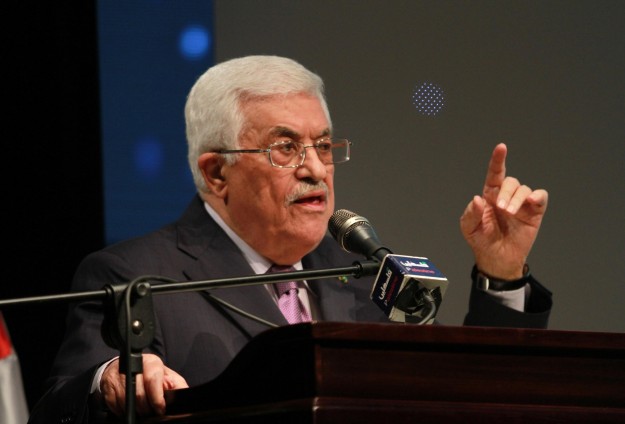









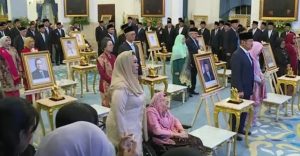

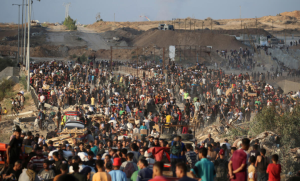
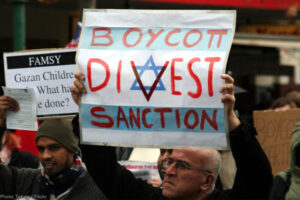









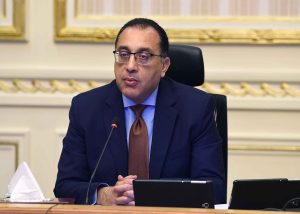








 Mina Indonesia
Mina Indonesia Mina Arabic
Mina Arabic